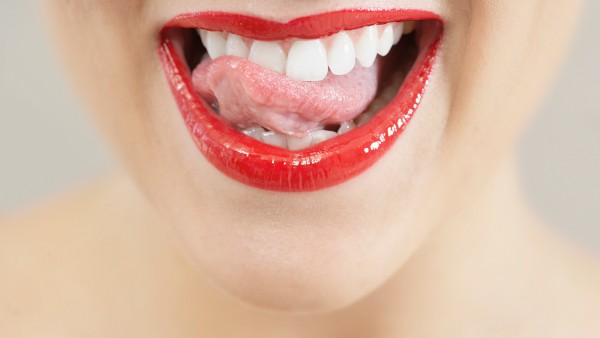Humans already depend on microorganisms like yeast and lactic acid bacteria when making wine. It turns out that microbes may play a major role in how we taste wine too. Researchers in Spain have found that many of the aromatic compounds we smell while drinking wine wouldn’t be detectable without the help of microbes that live inside our saliva.
Scientists are increasingly exploring the symbiotic relationship between humans and our microbiota, the millions of microorganisms inside us. Microbes in our digestive track may play a major role in our immune systems, for example. At least 700 bacterial species live in our saliva, on our teeth and on all the interior surfaces of our mouths.
For this study, sponsored by Spain’s Institute of Food Science Research in Madrid and published in the journal Food Chemistry, a team wanted to determine how big a role those microbes play in the detection of aromatic compounds in wine. Grapes are full of chemical compounds called aromatic precursors, which are not necessarily detectable to our noses until their structures are changed by a chemical reaction. Vinification releases some of these aromas, while others are released by oxygen when you pour the wine in your glass.
more on winespectator.com




